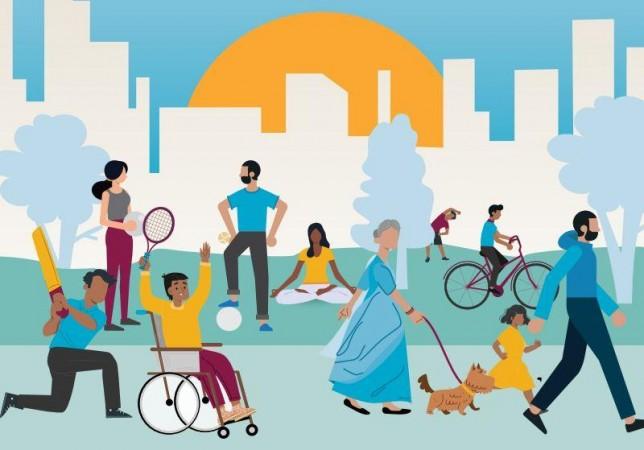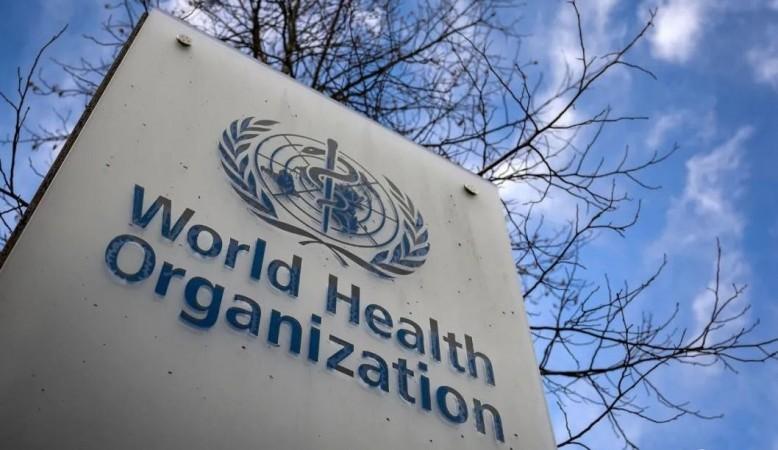
The World Health Organization (WHO) has recently issued a call to action, urging nations to strengthen their policies to promote healthier diets and increased physical activity. This plea is a response to the escalating levels of overweight and obesity, and the subsequent rise in noncommunicable diseases such as diabetes and cancer. These conditions, once considered afflictions of the affluent, have now become a leading cause of death worldwide.
Saima Wazed, the Regional Director of WHO South-East Asia, highlighted the gravity of the situation. The burden of overweight, obesity, and associated metabolic disorders has been steadily rising, affecting both children and adults, she said. This surge has led to an increase in non-communicable diseases such as cardiovascular disease, diabetes, and cancer, which are now responsible for nearly two-thirds of all deaths in the region.
The statistics are alarming. Approximately 50 lakh children under the age of five are overweight, and 373 lakh children between the ages of 5 to 19 are affected in the region. The region is also witnessing a rapid demographic transition, with urbanisation and economic growth further driving unhealthy diets, reduced physical activity, and more sedentary lifestyles.
The challenges posed by obesity and noncommunicable diseases (NCDs) are significant obstacles to achieving the 2030 Agenda for Sustainable Development. This agenda aims to reduce premature mortality from NCDs by one-third by 2030 through prevention and treatment, and promote mental health and well-being. Healthy diets and regular physical activity are fundamental to achieving this target, said the Regional Director.

However, the solution is not as simple as knowledge and behaviour change. Wazed emphasised the need for environments that support and encourage healthier choices. She called for robust regulatory frameworks and policies to create healthier food environments at home, school, retail, and digital spaces. Fiscal policies should also incentivise healthy diets, she added.
Progress has been made in the region, with several countries introducing food labelling regulations, banning trans fats in food, and implementing taxes on sugar-sweetened beverages. However, Wazed noted that further action is necessary to drive progress towards healthier communities.
This call to action by the WHO echoes similar historical events. In 2004, the WHO launched the Global Strategy on Diet, Physical Activity and Health, a comprehensive initiative aimed at promoting healthier diets and physical activity worldwide. The strategy was a response to the global rise in noncommunicable diseases, primarily cardiovascular diseases, diabetes, and cancers, which were largely driven by unhealthy diets, lack of physical activity, and an increase in sedentary behaviours.
The WHO's recent call to action is a reminder of the urgent need to address the rising levels of obesity and noncommunicable diseases. It is a call for nations to strengthen their policies and create environments that promote healthier diets and physical activity. It is a call for a collective effort to combat a global health crisis that threatens the lives of millions. The path to a healthier future lies in our hands, and it begins with the choices we make today.

















